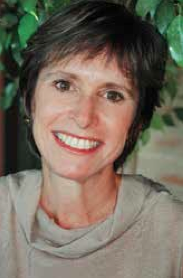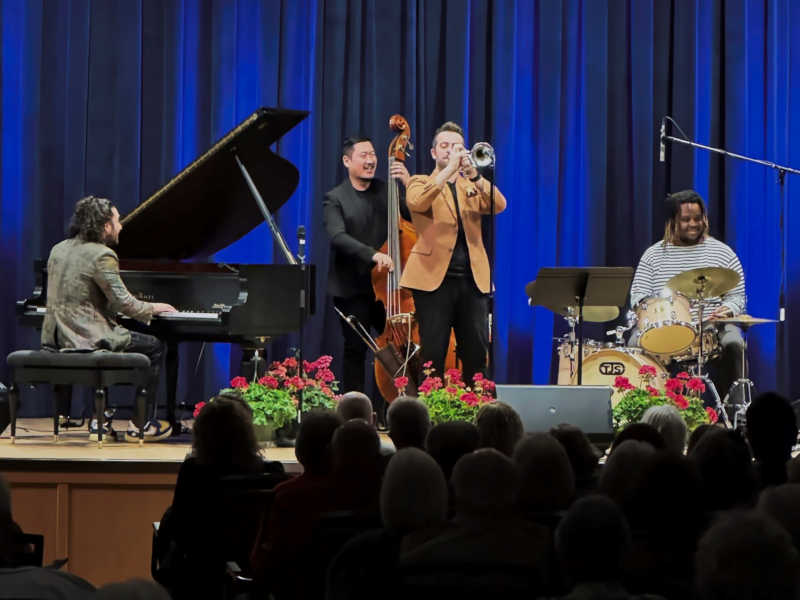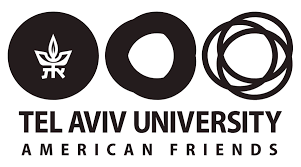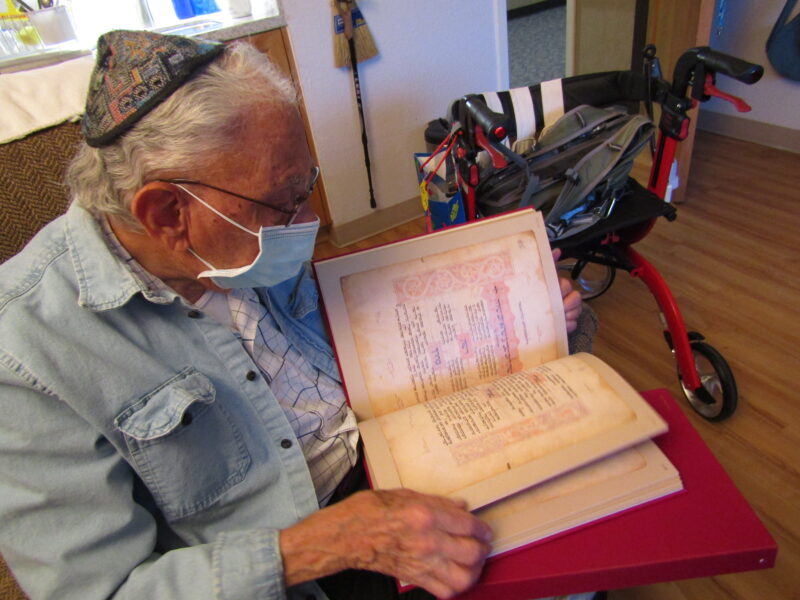My father has always been one of my most dependable fans. Sitting proudly on the sidelines of my life, he roots for me regardless of whether I hit a home run or strike out. When I announced on the night of college graduation that I was going “out west to find myself,” he shook his head, calmed my anxious mother, then drove me straight to a camping store. As he paid for the new down vest and sleeping bag he insisted I have, he looked at me and said, “Whatever happens, at least you won’t be cold.”
Years later, when I told him I wanted to leave my law practice to “maybe teach, maybe write,” his blessing came in weekly envelopes containing articles from The New York Times about women who succeeded in having multiple careers.
I didn’t always feel this way about Dad, though. It’s a kind of later-in-life wisdom that I grew into, mostly as a result of the daunting task of trying to raise my own two children. Over the years I have been humbled in the face of my struggles as a parent. Feigning enthusiasm, offering support and keeping my mouth shut when my children make choices that differ from the ones I want them to make is an art form I am still learning. Now, with perfect hindsight, I can see that what previously felt like Downright Dad Domination was really his best effort at loving a strong-minded daughter who avoided his advice like a rut in the road.
Living in Arizona, I have worked hard to keep in touch with my parents, who live in New Jersey. The phone rings and I am heartened each time it’s Dad on the line. My annoyance at the fact that he calls at dinner time is softened by the realization that his voice sounds a bit weaker and he can’t remember the second reason why he called. I no longer take his questions about whether I’ve considered refinancing the house, why I don’t buy a bigger car or why I didn’t buy the stock he recommended as evidence of his disapproval or disappointment in me. Rather, I see them for what they are and probably always have been: attempts to leave his imprint in my life and my heart through the transmission of his advice, values and love.
When Dad turned 87, he was diagnosed with macular degeneration, a progressive eye disease that can result in blindness. Because he still spends hours every day reading newspapers and financial reports, the thought of losing his sight was devastating. But within a few months, Dad adjusted to his disability with an upbeat attitude, large-print texts and a magnifying lens as big as a Frisbee.
“How do you do it, Dad?” I asked him. “How do you handle the frustration and limitations of getting older, the physical aches and pains, the fear of what might be next?” My father is not a religious man, but what followed was his own version of an ancient Jewish tradition called the ethical will. In its simplest form, it is a transmission of the values, life lessons and wisdom a parent wants to pass on to his children before he dies.
Unlike a legal will, which disposes of property and possessions and must comply with state law, an ethical will bequeaths one’s innermost spiritual estate and has no formal requirements. It can be handwritten or typed, even recorded, at any time during one’s life. It can be written in segments like a continuous letter that is added to at important life stages or life cycle events. Or it can be written later in life, incorporating the ideas, values and life lessons a parent wants to impart.
Dad answered my question with words that I will carry with me throughout my life.
“Living is all in the attitude. You never know what will happen to you — what problems, disappointments or losses will come your way. You can’t control what happens to you, but you can control your attitude about what happens. You just have to learn to accept, adjust and move on.”
I thought about the many years Dad struggled with colon disease, about the time his business was robbed, or the time he learned his best friend had lied to him. The inevitability of life’s disappointments never changed his way of responding to them. His strength came from his conviction that he could find a way to live with life’s curveballs and his dignity came from his determination to forge ahead without complaining, even in the most difficult of situations.
“Besides,” he added, looking through a lens as thick as a Coca-Cola bottle, “now that I don’t see so well, my problems don’t look so bad!”
Thanks, Dad. I’ll remember that.
Amy Hirshberg Lederman is an award winning author, nationally syndicated columnist, Jewish educator, public speaker and attorney.






